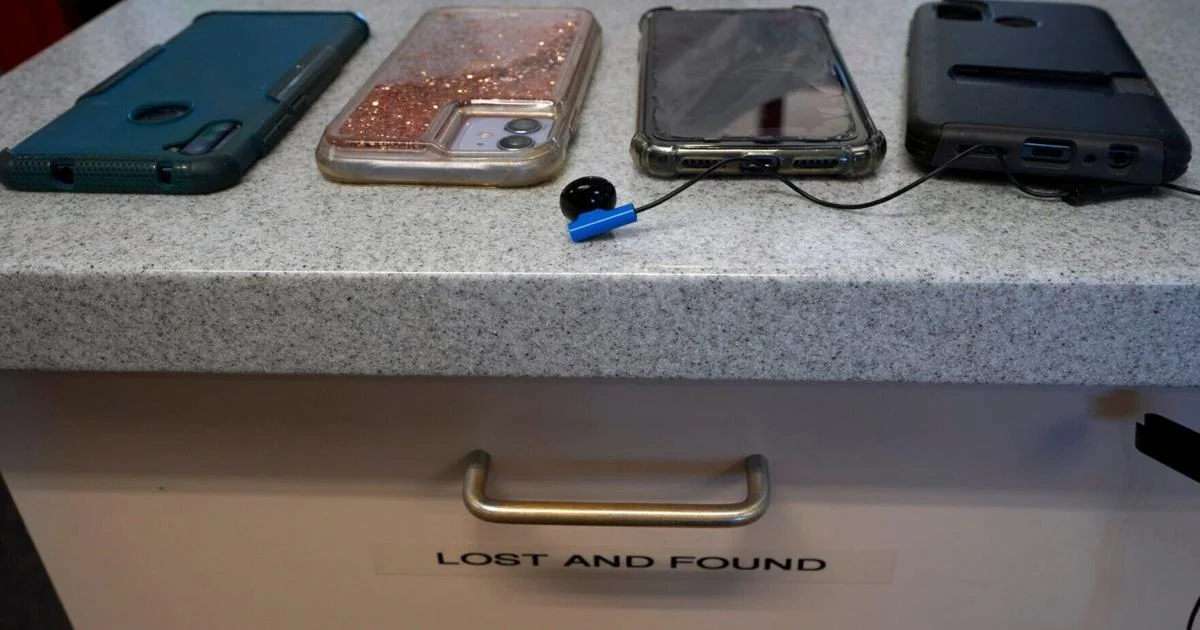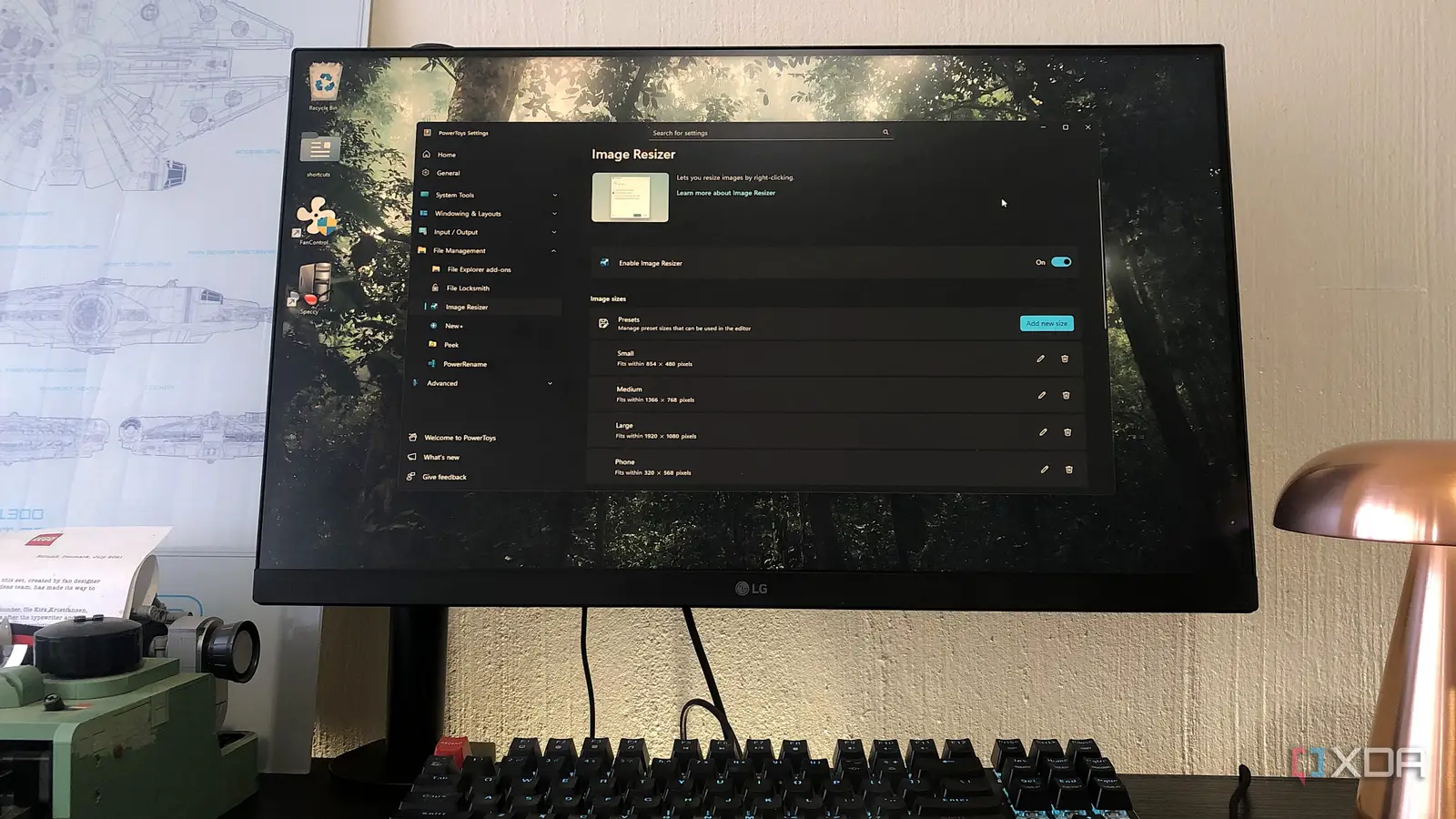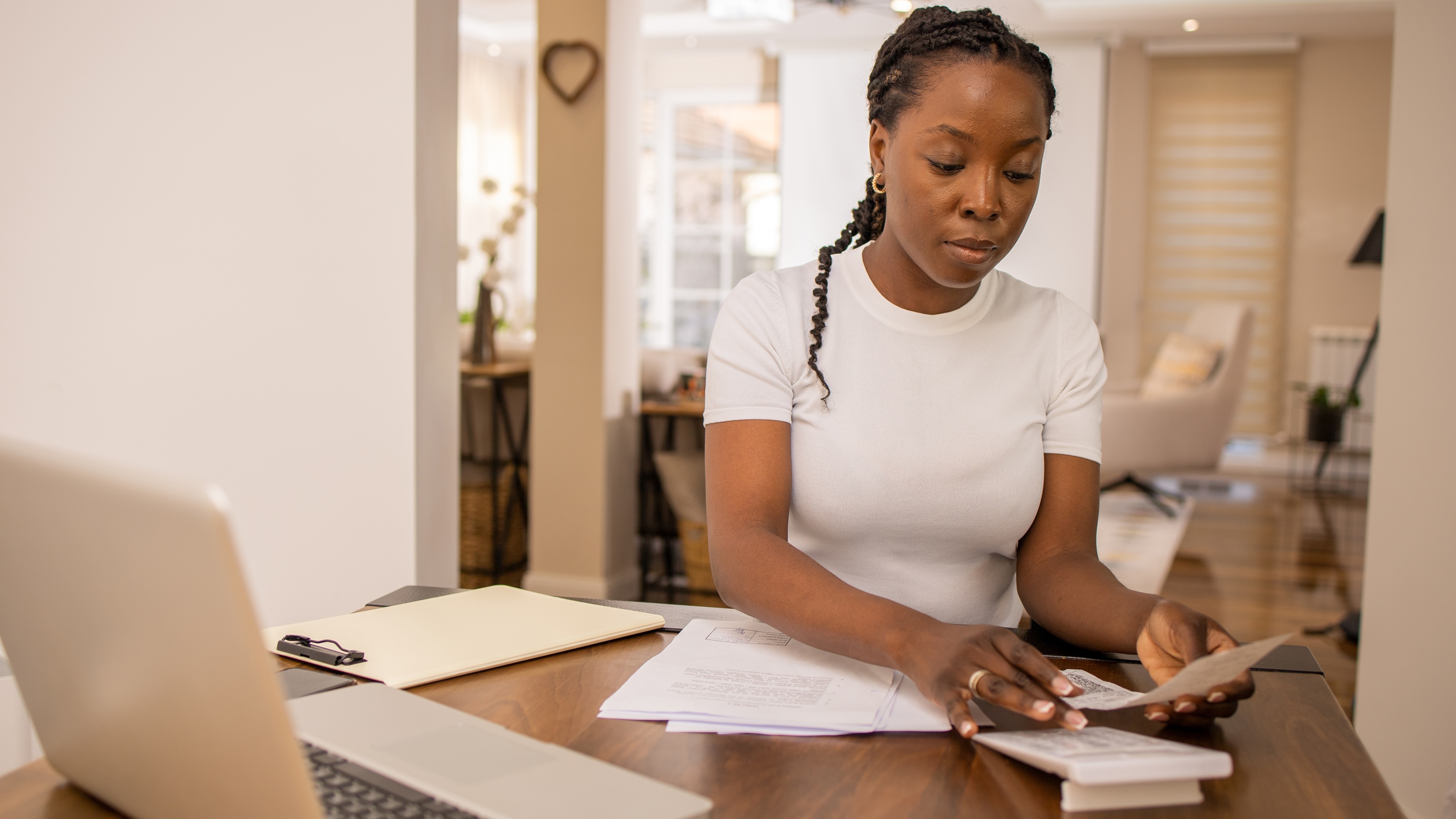
In the 31 years that she has been an English teacher at Pleasant Valley High School, Jenni Levora has seen rapid changes in technology.
From early Nokias to modern iPhones, advancements in technology have bled into school life.
At Pleasant Valley High School, teachers have been banning phones in the classroom on their own discretion for the past few years. It wasn’t until this fall that it became a requirement, under a new Iowa law banning phones and other devices in the classroom.
Pleasant Valley was the only district in Scott County that had not yet implemented school-wide phone restrictions at the high school level.
In past years, as the technology grew, Levora said, there was a focus on how to implement phones in the classrooms. Teachers were encouraged to allow their students to play educational games like Kahoot through their phones, but Levora said it ultimately became a distraction and a tool for misbehavior.
“We know that students were using phones to harass other students. Students were using phones to meet in the bathroom to give each other Juul devices, so they can vape. We know that students were texting each other to meet and talk about what’s on the quiz,” Levora said.
But what Levora noticed the most in her classrooms was the effect phone had on student engagement.
“With the rise of the use of phones, students were more distracted by phones, more interested in phones than in learning and thinking. Attention spans were getting shorter. And the desire to explore in-depth thinking was reduced because things are more entertaining in short little bits like you would see on social media,” Levora said.
For Levora, nothing much changed under the new state law and school policy. She already had some phone restrictions in her class to eliminate distractions and even mentioned phones’ effects on attention spans in the syllabus.
“But it was hard to constantly have to be the phone police. And you knew this is what was best for kids, but to have to monitor it all the time, especially when they would like to hide their phones or their phone would be in their lap or hidden or whatever. So, it just became like one more thing for teachers to deal with. So, I gotta say I’m really happy with this new law,” Levora said.
Now, Levora said, students are not only more engaged in class but are also talking to each other. In the last couple of years, students would often go on their phones rather than socialize.
“When that change started happening, where you had teenagers in a room that wouldn’t talk to each other, it felt weird, like teenagers should be talking and full of energy. And they would just be on that little device, and it just felt like they were losing those social opportunities and social skills,” Levora said.
Students are still allowed to use their phones outside of class time.
Another teacher, Zach Miller, agreed that phones are a distraction but he wasn’t enforcing it as intensely as Levora. Miller has been teaching science at Pleasant Valley for eight years. He has noticed a change in students needing to pull out their phones, especially after COVID isolation.
Miller ran his class with a policy of no phones in the classroom with the motto, “If you make it a big deal, then I have to make it a big deal.” Miller said the outcome of the law has put Iowa classrooms on the “right direction.”
His classrooms have been going well, but he said it’s too early to tell for sure whether it will be successful.
“I know we might be sitting on that honeymoon phase still, it’s the beginning of the year, but it really hasn’t been as big of an issue enforcing it as I thought it was going to be,” Miller said.
Miller teaches freshman, junior and senior classes and has noticed that his freshmen were more open to putting their phones in phone pouches. This is likely due to Pleasant Valley Junior High School enforcing phone policy in recent years. Junior and senior students were more likely to keep their phones on them last year, whether they used them or not.
Now all students are expected to put their phones in pouches. And additionally, the law also establishes that there must be consequences for using phones in the classroom.
At Pleasant Valley High School, a first-time violation comes with a warning but after repeated violations, the phone is kept in the office until the end of the day, and in severe cases, phones are kept until a parent or guardian picks it up.
But for some students, this phone restriction policy has left some concerns. Roberto Orlofske, a junior at the high school, said locking a student’s phone until a parent picks up can cause some safety concerns if a parent is busy, incommunicative or irresponsible. He noted some students have medical issues and could forget medication.
“If your parents don’t come pick it up, then you just don’t get your phone back. I think that’s definitely a problem with people with working parents, or if they don’t have a relationship with one parent, then they just keep your phone for days. And that’s obviously a problem. You can’t use it in day-to-day life. If there’s an emergency, it’s in the office,” Orlofske said.
The law does allow for exemptions, but they are based either based on an accepted 504 plan or parental request.
Orlofske also said phone restrictions haven’t made much of a difference with student attentiveness in class.
“People who aren’t paying attention still aren’t paying attention. It really has more to do with school itself rather than phones,” Orlofske said.
Orlofske said mental health issues stem from causes beyond the use of phones and restricting them at school won’t stop students from being addicted to them at home. He recommended restructuring approaches to student relations rather than a phone ban to deal with mental health problems.
But school officials like Superintendent Brian Strusz argued that the ban would have a positive effect on students.
“Once kids get used to it and understand the expectations and can take themselves away from a phone, I think it’ll be a very positive effect on kids, and for many reasons, the culture and climate of the school and the safety of the school makes a difference when kids are not on their cell phones all day long,” Strusz said.
Orlofske and other students said there is a “disconnect” in what the school administrators and students see as the solution to these problems.
Fellow PV student Hunter Schurke is concerned about phone addiction. Schurke even said some students were like “zombies” on their phones and would take multiple calls for them to pay attention.
But Schurke is cautious of why Iowa wrote legislation to ban phones during instruction. He said there are more pressing issues the state faces than creating a state mandate against phone use during instruction time.
“How about not removing groups from the Civil Rights Act? How about how about we stop doing that? Or making health care more affordable? Or downtown Davenport is just filled with homeless people. You know what I mean? Making sure that they’re safe and have somewhere to go,” Schurke said.
Students are in school for eight hours a day, but Schurke said school policy doesn’t stop students from doomscrolling when they get home.
Schurke said phone addiction is a societal issue, pointing to his grandparents and other adults being addicted to videos on YouTube shorts.
“The world has a big technology problem. Banning phones in schools does not solve the greater technology problem. I’m glad that maybe kids will start getting more B’s and A’s. That’s great. What’s gonna happen when they leave?” Schurke said.
Schurke also pointed to actions by teachers he said are hypocritical.
“I see teachers on their phones all the time. I don’t see them having to put theirs in their pockets. I see them scroll, right? I see substitute teachers not paying attention. I see that happen. Phones are an issue for everybody,” Schurke said.
But Miller and Levora said there has been a focus on teachers to be role models. Levora said she can’t speak for other teachers, but she said she rarely ever uses her phone in the classroom, adding she thinks it helps that she is not particularly active on social media.
Schurke is not pro-phone, but said he understands why students have clung onto them over the years. Bullying is a problem students face and phones were one way for students to escape those negative feelings, he said.
“If the school cracked down on bullying more, maybe kids wouldn’t have to be sucked into their phones all the time and wouldn’t be scared to talk to other people,” Schurke said.
Whether it is at home or school, Schurke ultimately suggested phone addiction is the new norm.
“I understand how harmful it is for me and people around me. I just wonder then, why doesn’t our society seem to be as open to listening to the scientists that are saying that they’re harmful,” Schurke said. “… Because honestly, the world would probably be a better place if everyone had a flip phone instead of a cell phone.”
Love
0
Funny
0
Wow
0
Sad
0
Angry
0
Want to see more like this?
Get our local education coverage delivered directly to your inbox.
* I understand and agree that registration on or use of this site constitutes agreement to its user agreement and privacy policy.
Cesar Toscano
Get email notifications on {{subject}} daily!
Your notification has been saved.
There was a problem saving your notification.
{{description}}
Email notifications are only sent once a day, and only if there are new matching items.
Followed notifications
Please log in to use this feature
Log In
Don’t have an account? Sign Up Today



